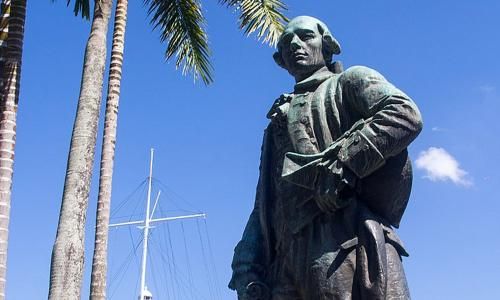HISTORY | The British traders who became colonialists
HISTORY: TOLD AS IT IS | In August 1786, Francis Light acquired possession of Penang after signing a preliminary letter with Sultan Abdullah Mukarram Shah, the ruler of Kedah. This is something that most Malaysians are aware of. However, many people would be surprised to learn that he was a private trader before becoming a colonial official.
Many people are also aware that the Kedah sultan had to forego the island because he desperately required British assistance to protect Kedah's sovereignty from Siam, with whom Kedah was regarded as a vassal tenant. It is little known that Light's intimate knowledge of the Malay world, gained while he was a trader, allowed him to easily persuade the sultan to lease Penang.
This article aims to shed light on who these country traders were and the many roles they played.
The country traders were British East India Company employees. They were tenacious traders who had a reputation for disobeying royal decrees banning them from trading on occasion. These traders endeavoured to trade in Asian waters, namely in India, the Malay Archipelago and China. The expansion in the activities of country traders in the Straits of Malacca began in the mid-1750s and became quite prominent by the mid-1770s.
It was estimated around 100 country traders operated in Southeast Asian waters between 1750 and 1820. On the Malay peninsula, they were active in five regions: the key ports around the Straits of Malacca such as Kedah, Aceh and Junk Ceylon (Ujung Salang); Pahang and Terengganu, particularly in 1719 and 1720; Johor; Selangor and Linggi in 1737; and Riau in the 1760s. James Scott, Thomas Forrest, and of course Francis Light, were among the well-known country traders of the 1770s and 1780s.
The country traders were the bearers of the English government's imperial ambitions. They accomplished this by forging trade ties with local dignitaries and establishing trading settlements along main routes. They dealt with the ‘saudagar raja’, a senior trade officer or royal merchant who was typically an Indian Muslim. Country tradesmen conversed in a vernacular Malay dialect. Notably, Francis Light could read and write standard Malay using the Jawi...
RM12.50 / month
- Unlimited access to award-winning journalism
- Comment and share your opinions on all our articles
- Gift interesting stories to your friends
- Tax deductable

